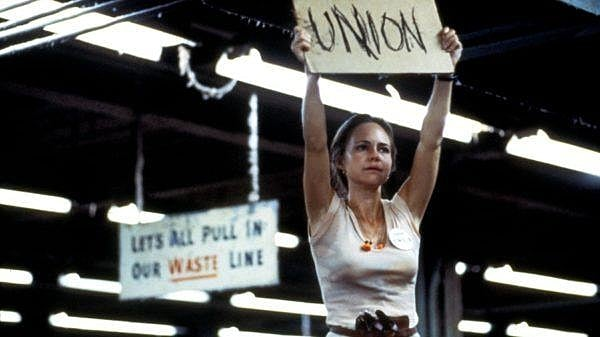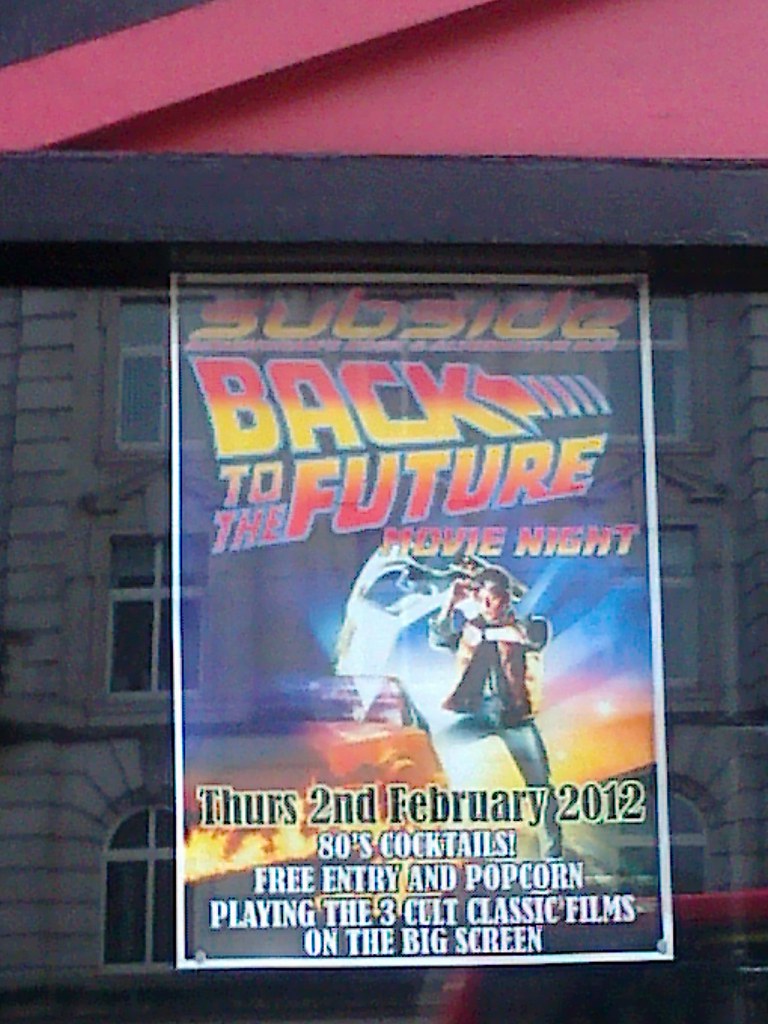
We’ve all been there. You settle in for a movie night, maybe with some popcorn, ready to be entertained, thrilled, or perhaps even moved. But then, it happens. The opening credits roll, the plot unfolds, and a creeping dread starts to set in. You realize, with dawning horror, that you’ve stumbled upon a cinematic masterpiece – a masterpiece of sheer awfulness. A film so profoundly, unforgivably bad that it leaves an indelible mark on your psyche, making you wish for a memory wipe button, or at least a time machine to get those precious hours back.
Here at the Rottenest of the Rotten, we’re not just talking about movies that are ‘not great.’ Oh no, we’re diving headfirst into the abyss, exploring the hallowed halls of films that scored 4% or less on the Tomatometer. These aren’t just flops; they’re catastrophic failures that have inflicted a ‘minimum threshold of agony’ on critics and, by extension, anyone brave enough to watch them. With at least 20 reviews each, these movies aren’t just obscure blips; they’re widely panned productions that truly earned their notorious reputations.
So, buckle up, film fanatics and masochists alike! We’re embarking on a journey through 15 of the most notoriously terrible movies ever made. These are the films that broke our brains, shattered our expectations, and left us questioning the very nature of storytelling. Prepare to wince, laugh, and perhaps even shed a tear (of despair) as we countdown the movies so bad, you’ll seriously wish you could unsee them.
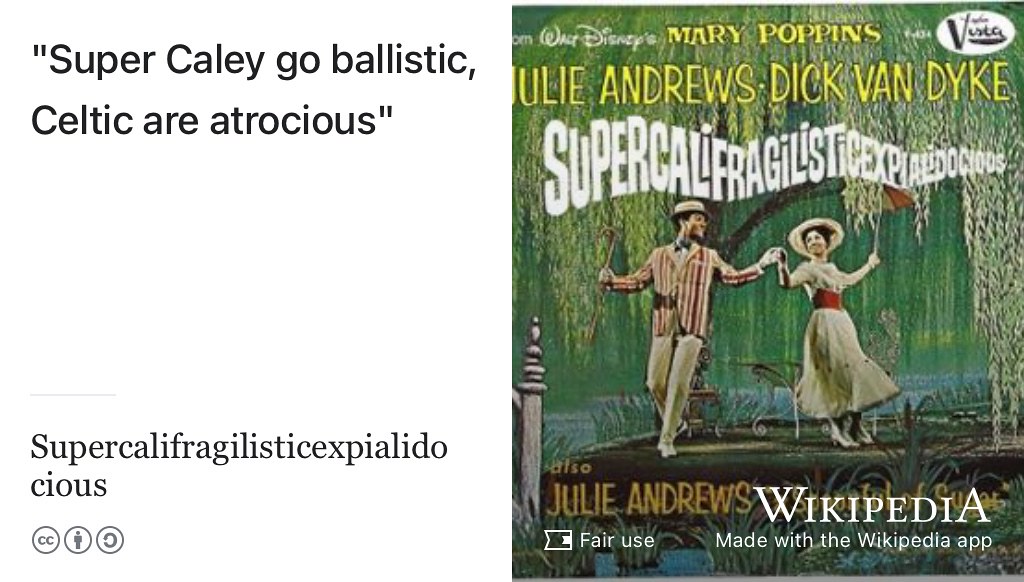
1. **Ballistic: Ecks vs. Sever (2002)**Kicking off our parade of cinematic pain is a film that truly set the bar for absolute zero. “Ballistic: Ecks vs. Sever,” starring the usually charismatic Antonio Banderas and the fiercely talented Lucy Liu, managed to achieve the rare feat of a 0% Tomatometer score, and honestly, after reading the critics’ consensus, it’s easy to see why. This isn’t just a bad movie; it’s a monumental misfire described as a “startlingly inept film” that offers “overblown, wall-to-wall action without a hint of wit, coherence, style, or originality.” Ouch.
Imagine an action flick where everything is cranked up to 11, but without any underlying purpose or intelligence. The synopsis paints a picture of Jeremiah Ecks (Antonio Banderas), a former FBI agent haunted by his wife’s mysterious death, now a recluse. Lucy Liu’s character, Sever, is presumably his adversary or a foil, given the ‘vs.’ in the title. Yet, according to critics, whatever thrilling premise the film might have aspired to completely dissolved into a chaotic mess of explosions and fisticuffs that served no narrative or artistic function.
Directed by Wych Kaosayananda, this film is a prime example of how big names and a generous budget don’t automatically guarantee quality. Banderas and Liu are actors capable of incredible depth and action prowess, but even their combined star power couldn’t save this project from itself. The consensus implies that the film’s relentless action sequences were less exciting and more exhausting, devoid of any genuine tension or clever choreography that might have made them palatable.
It’s a film that truly begs the question: how does one make a movie so utterly devoid of redeeming qualities that not a single critic out of 20+ could find even a shred of positive sentiment? “Ballistic: Ecks vs. Sever” stands as a stark warning sign in filmmaking history, a monument to how even the most basic elements of storytelling can be utterly abandoned in the pursuit of spectacle. This isn’t just a movie you’d wish you could unsee; it’s a movie you’d wish never got made in the first place.
Read more about: Ouch! 14 Hollywood Movies That Absolutely Bombed at the Box Office (And the Wild Stories Behind Their Massive Losses)
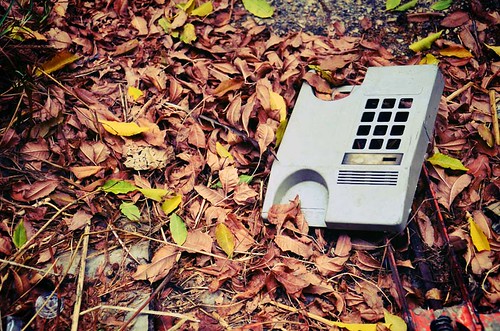
2. **One Missed Call (2008)**Next up, we dive into the chillingly unoriginal world of J-horror remakes, specifically “One Missed Call.” If the original Japanese films built a reputation for psychological dread and innovative scares, their American counterparts often struggled to capture that magic, and this 2008 entry starring Shannyn Sossamon and Edward Burns is a prime example of a concept lost in translation. Critics didn’t mince words, calling it “one of the weakest entries in the J-horror remake sweepstakes” and declaring it “undone by bland performances and shopworn shocks.”
The premise, while initially intriguing in its Japanese iteration, involves a mysterious phone call that predicts the caller’s death, playing on our modern anxieties about technology and mortality. When Beth Raymond (Shannyn Sossamon) witnesses the deaths of two friends, she realizes something sinister is at play, extending beyond mere coincidence. This setup has the potential for genuine frights, tapping into universal fears of the unknown and the inescapable.
However, the film, directed by Éric Valette, seemingly failed to deliver on any of this potential. The “bland performances” suggest that even the talented cast, including veterans like Ray Wise, couldn’t inject life into a lifeless script or direction. The “shopworn shocks” indicate a reliance on jump scares and horror tropes that audiences had seen countless times before, stripped of any novelty or genuine terror. It’s a sad fate for a genre that once thrived on innovation.
“One Missed Call” serves as a painful reminder that horror isn’t just about gore or loud noises; it’s about atmosphere, character investment, and clever buildup. When a film relies on tired clichés and fails to establish a compelling narrative or relatable characters, the scares simply fall flat. It’s a missed opportunity, a call to boredom, and definitely a movie you’ll want to hang up on and pretend you never answered.
Read more about: A Rollercoaster of Regret: 15 Movies That Only Get More Disappointing

3. **Left Behind (2014)**Ah, Nicolas Cage. A man known for his wildly eclectic filmography, capable of both sublime performances and, well, *this*. “Left Behind,” the 2014 apocalyptic thriller based on the popular book series, landed with a resounding thud, earning its place among the 0% club. The critics’ consensus is a masterpiece of sardonic wit: “Yea verily, like unto a plague of locusts, Left Behind hath begat a further scourge of devastation upon Nicolas Cage’s once-proud filmography.” You can almost hear the collective groan of despair.
The film’s premise is based on the biblical Rapture, where millions of people disappear without a trace, leaving behind only their clothes and personal effects. The entire planet is thrown into mayhem as those left behind grapple with the inexplicable disappearances. Nicolas Cage’s character, presumably a pilot or a central figure navigating this chaos, is at the heart of the story. It’s a high-stakes scenario, ripe for drama and suspense, if executed with any degree of competence.
However, under the direction of Vic Armstrong, “Left Behind” apparently veered wildly off course. The scathing consensus suggests that the film not only failed as a spiritual allegory but also as a basic piece of filmmaking. The devastation it wrought wasn’t just on the fictional world within the movie, but on the careers involved, particularly Cage’s, who often lends his unique brand of intensity to even the most questionable projects.
It’s a movie that exemplifies the danger of squandering a compelling, if controversial, premise with poor execution. Instead of delivering a thought-provoking or even entertainingly bad disaster film, “Left Behind” became a disaster itself. It’s a film that leaves audiences not pondering faith or the end times, but rather wondering if they accidentally wandered into a very expensive, very dull direct-to-video production. Truly, a cinematic rapture of the worst kind.
Read more about: LeBron James’ Unprecedented Ascent: A Deep Dive into His NBA Career Milestones and Enduring Dominance

4. **A Thousand Words (2012)**Eddie Murphy, a comedic legend, finds himself in our hall of shame with “A Thousand Words.” This film also achieved the dreaded 0% on the Tomatometer, prompting critics to point out its fundamental flaws: “Dated jokes (A Thousand Words was shot in 2008) and removing Eddie Murphy’s voice — his greatest comedic asset — dooms this painful mess from the start.” It’s hard to imagine a premise more self-sabotaging for a vocal comedian.
The synopsis introduces us to Jack McCall (Eddie Murphy), a selfish literary agent whose fast-talking ways allow him to close any deal. His next big thing, however, proves to be a spiritual guru, leading to a magical tree appearing in his backyard. For every word Jack speaks, a leaf falls from the tree, and once the last leaf falls, Jack will die. This means a man whose livelihood and entire persona are built on words must now navigate life in near silence.
Directed by Brian Robbins, the film’s core concept, while having a fantastical element, actively strips Murphy of his most powerful tool: his voice. Critics immediately identified this as a fatal flaw. Murphy’s genius lies in his vocal inflections, his impressions, and his rapid-fire delivery. To silence him is to defuse his comedic bomb before it even gets a chance to tick. The fact that the film sat on a shelf for years only added to its problems, making its humor feel stale and irrelevant upon release.
“A Thousand Words” stands as a monument to a deeply misguided creative decision. It’s a comedy that forgot how to be funny, and actively stripped its lead actor of his primary comedic weapon. The result, as the consensus describes, is a “painful mess” that no amount of star power from Murphy, Kerry Washington, or Cliff Curtis could redeem. It’s a film that leaves you speechless, but not in a good way.
Read more about: Hollywood’s Infamous Landmines: 14 Films That Absolutely Decimated A-List Careers
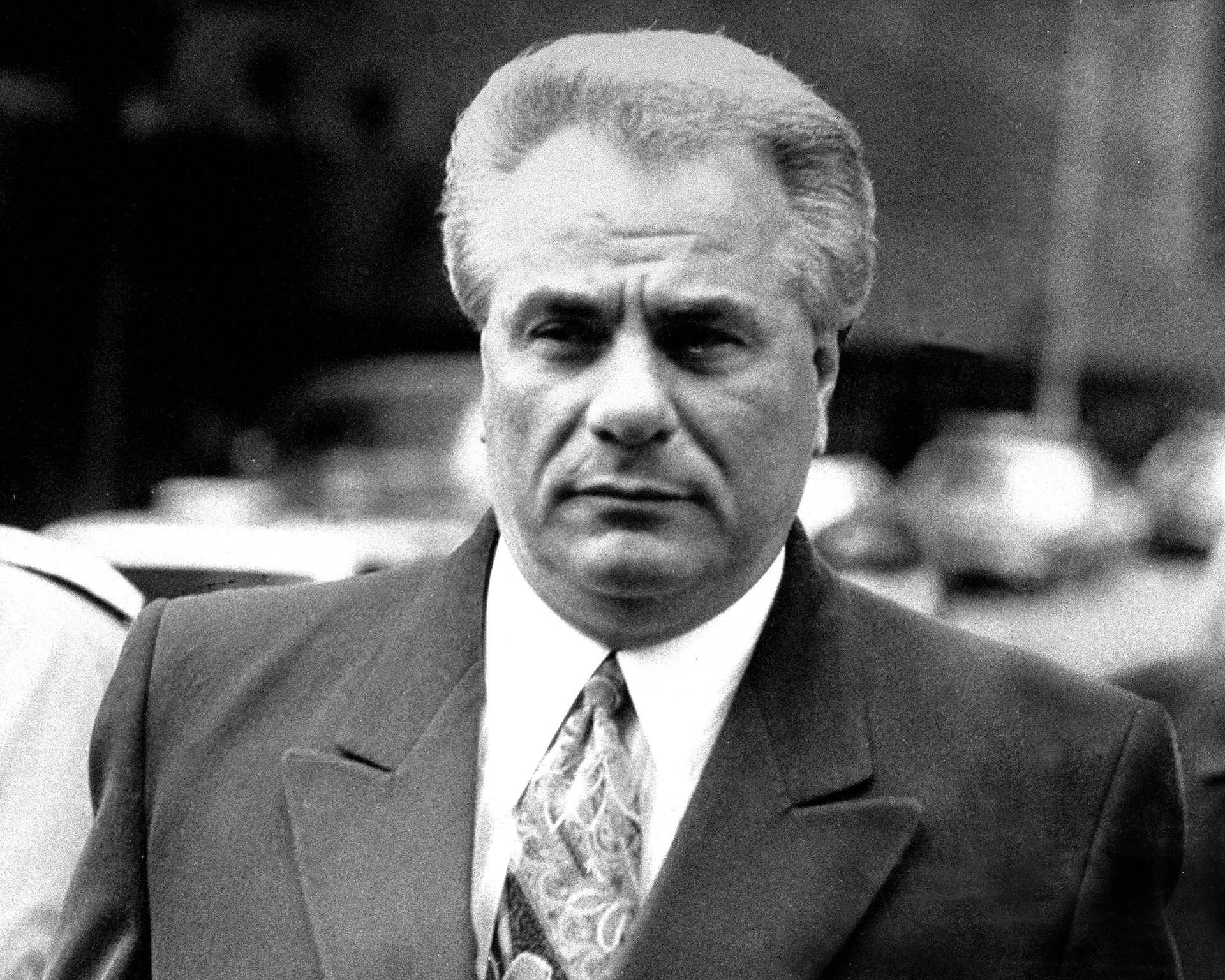
5. **Gotti (2018)**From the moment the critics’ consensus simply stated “Fuhgeddaboudit,” you knew “Gotti” was in trouble. This 2018 biopic, starring John Travolta as the infamous mob boss John Gotti, joined the notorious 0% club, proving that even a committed performance from a respected actor couldn’t save a fundamentally flawed film. The consensus, while brief, speaks volumes about the utter lack of merit found within its runtime.
The synopsis tells the familiar story of young John Gotti, raised on the streets of New York, who found his way into the Gambino crime family and eventually rose through its ranks. It’s a tale ripe with dramatic potential: ambition, betrayal, loyalty, and the gritty underworld of organized crime. A compelling narrative, complex characters, and a nuanced look at a notorious figure should have been the ingredients for a captivating film.
However, directed by Kevin Connolly (yes, *that* Kevin Connolly from “Entourage”), “Gotti” seemingly failed to connect with critics on any level. The implication of “Fuhgeddaboudit” is that the film is so forgettable, so lacking in substance, or so poorly executed that it’s not even worth discussing or remembering. Travolta, known for diving deep into his roles, clearly gave his all, but it appears his efforts were in vain against a tide of cinematic mediocrity.
Biopics, especially those about complex, controversial figures, demand a delicate touch and a keen understanding of their subject matter. “Gotti” appears to have missed the mark entirely, delivering a portrayal that failed to resonate with audiences or critics. It’s a film that despite its high-profile subject and star, simply couldn’t cut it, leaving us with a truly unforgettable (for all the wrong reasons) experience. You definitely want to fuhgeddaboudit.
Read more about: Fuhgeddaboudit! Unpacking the Absolute Worst Movies of All Time That Critics Gave a Big Fat 0%

6. **Pinocchio (2002)**Oh, how the mighty can fall. Roberto Benigni, fresh off his Oscar win for “Life Is Beautiful,” dared to bring “Pinocchio” to the screen in 2002, and the results were, to put it mildly, disastrous. This adaptation also earned a 0% Tomatometer score, with critics delivering a savage verdict: “Roberto Benigni misfires wildly with this adaptation of Pinocchio, and the result is an unfunny, poorly-made, creepy vanity project.” This isn’t just a children’s film gone wrong; it’s a profound cinematic miscalculation.
The classic tale of “Pinocchio” revolves around a woodcarver who creates a puppet that magically comes to life and longs to become a real boy. It’s a story filled with wonder, morality lessons, and memorable characters. Benigni not only directed the film but also starred as Pinocchio himself, a decision that critics found particularly jarring, given his adult age playing a childlike character.
The consensus’s use of phrases like “misfires wildly,” “unfunny,” and “creepy vanity project” paints a picture of a film utterly devoid of the charm and heart that makes the original story so enduring. The decision for an adult Benigni to play Pinocchio, rather than a child actor, undoubtedly contributed to the “creepy” factor, undermining the innocence and relatability of the character. It’s a miscasting of epic proportions that echoes through every scene.
“Pinocchio” stands as a cautionary tale of hubris and artistic misdirection. What might have been conceived as a passion project turned into a critical laughingstock, proof that even a beloved director and actor can make fundamental errors in judgment. This is one fairy tale adaptation that truly loses its magic, leaving behind only a puppet-sized hole in our hearts, filled with awkwardness and regret. You’ll definitely want to avoid this puppet show.
Read more about: Fuhgeddaboudit! Unpacking the Absolute Worst Movies of All Time That Critics Gave a Big Fat 0%
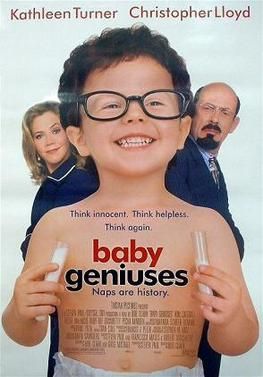
7. **SuperBabies: Baby Geniuses 2 (2004)**If you thought the original “Baby Geniuses” was a questionable concept, buckle up because “SuperBabies: Baby Geniuses 2” managed to achieve the impossible: it was even worse. This 2004 sequel proudly takes its place in the 0% club, confirming that some ideas should simply remain on the drawing board. The critics’ consensus delivers a devastating blow: “A startling lack of taste pervades Superbabies, a sequel offering further proof that bad jokes still aren’t funny when coming from the mouths of babes.”
The synopsis of this cinematic marvel details how toddlers, possessing “special abilities,” must unite to stop a nefarious media mogul, played by Jon Voight, from altering the minds of children. Yes, you read that correctly. Super-intelligent, talking babies fighting a villainous mastermind. It sounds like a premise cooked up during a fever dream, and unfortunately, it was brought to life on the big screen.
Directed by Bob Clark, the film’s concept was already inherently challenging, but the execution, according to critics, plunged it into the depths of cinematic despair. The “startling lack of taste” and the assertion that “bad jokes still aren’t funny when coming from the mouths of babes” highlight the film’s reliance on juvenile humor that fails to amuse. Even a seasoned actor like Jon Voight, alongside Scott Baio and Vanessa Angel, couldn’t elevate the material beyond its abysmal foundations.
“SuperBabies: Baby Geniuses 2″ is a prime example of a sequel that not only fails to improve upon its predecessor but actively digs a deeper hole. It’s a movie that attempts to entertain with adorable infants, but instead delivers a cacophony of cringeworthy jokes and a plot that strains credibility beyond its breaking point. This is definitely a film you’ll want to unsee, or at the very least, forget you ever heard of it. Your inner child will thank you.”
Read more about: Fuhgeddaboudit! Unpacking the Absolute Worst Movies of All Time That Critics Gave a Big Fat 0%

8. **Gold Diggers (2003)**Alright, buckle up because we’re diving into number eight, and it’s a film that truly missed the mark in its ambition: “Gold Diggers” from 2003. This cinematic endeavor boldly aimed for “Farrelly-level offensiveness,” a height only few dare to reach, but sadly, it landed with a resounding thud at a 0% Tomatometer score. It’s like trying to be a rebellious teenager while still asking your mom for permission – the result is just… awkward.
The premise sounds like it could have been a raunchy, dark comedy: two broke losers, Calvin and Leonard, find themselves in a bit of a pickle after trying to rob rich old sisters. This setup screams for over-the-top gags, questionable moral choices, and perhaps some truly cringe-worthy moments that are *intentionally* funny. On paper, you might think, “Okay, this could be a guilty pleasure!”
However, the critics were quick to point out where “Gold Diggers” went terribly wrong. The consensus is crystal clear: the film’s “PG-13 rating and a dearth of decent gags renders Gold Diggers tame, toothless, and dull.” It’s almost an oxymoron to aspire to “offensiveness” with a PG-13 rating, isn’t it? You end up with a movie that can’t commit to being truly outrageous, nor can it deliver genuinely clever humor, leaving it in a comedic no-man’s-land.
Ultimately, “Gold Diggers” is a cautionary tale for any aspiring filmmakers hoping to push boundaries without actually, you know, pushing them. It’s a film that promises a wild ride but only delivers a slow, uneventful crawl, leaving you wishing you’d just stayed home and watched something actually offensive (or actually funny) instead. This is definitely one you’ll want to dig up and then immediately bury again in the deepest parts of your memory.
Read more about: The Absolute Worst? We Crown the 13 ‘Greatest’ Bad Movies of All Time with 0% Rotten Tomatoes Scores!
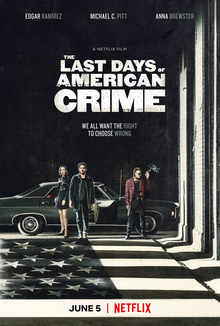
9. **The Last Days of American Crime (2020)**Moving on to another cinematic misfire, we have “The Last Days of American Crime,” a 2020 release that, despite a compelling premise, earned its 0% Tomatometer score with a brutally succinct critics’ consensus: “This Crime is punishment.” When the reviews are shorter than the film’s elevator pitch, you know you’re in for a rough time. This isn’t just a bad movie; it’s a viewing experience that critics felt was a sentence in itself.
The film’s synopsis paints an exciting picture: a high-stakes heist planned by two men and a woman, all racing against the clock before a government-broadcast signal is activated that will, supposedly, wipe out crime forever. Seriously, how cool does that sound? The potential for a gritty, tense, and thought-provoking sci-fi thriller exploring themes of free will, morality, and the nature of criminality is enormous.
But alas, potential is a cruel mistress. Directed by Olivier Megaton, the movie, despite starring Edgar Ramírez and Sharlto Copley, clearly failed to deliver on any of its promising elements. The consensus, while brief, suggests a film so fundamentally flawed that its very existence feels like a transgression. It implies that the narrative was likely as convoluted as a tangled mess of wires, and the action sequences probably lacked any real punch, let alone coherence.
It’s truly a shame when a concept brimming with such intriguing possibilities gets bogged down in such a way that the end product is literally described as “punishment.” “The Last Days of American Crime” proves that even the most ambitious, high-concept ideas can crash and burn into critical oblivion without solid execution. This is a crime against cinema, and you’ll definitely wish you could unsee it.
Read more about: Keanu Reeves: Unpacking the Enduring Appeal of a Hollywood Enigma Across Four Decades
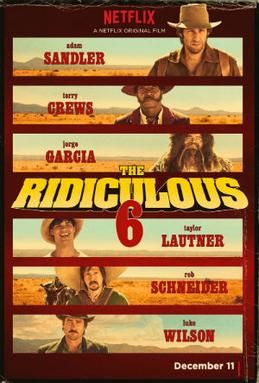
10. **The Ridiculous 6 (2015)**Ah, Adam Sandler. His films often divide audiences, but “The Ridiculous 6” from 2015 achieved a rare feat of unity – universal critical condemnation, landing a perfectly symmetrical 0% on the Tomatometer. This Netflix original was meant to be a grand Western comedy, but critics found it “every bit as lazily offensive as its cast and concept would suggest,” making it “standard couch fare for Adam Sandler fanatics and must-avoid viewing for film enthusiasts of every other persuasion.” Ouch.
The plot involves White Knife, an orphan raised by Native Americans, who discovers he has five outlaw half-brothers. Together, they embark on a journey. It’s a setup ripe for Sandler’s brand of slapstick and ensemble comedy, especially given the expansive cast that includes Will Forte, Taylor Lautner, and Steve Buscemi. You’d expect a certain level of absurdity and irreverence from a Sandler Western, but apparently, this one went beyond the pale.
The core issue, as highlighted by the critics, was the film’s “lazily offensive” nature. This isn’t just about bad jokes; it’s about humor that feels uninspired and, more importantly, genuinely problematic, alienating a significant portion of its potential audience. When your comedy relies on tired stereotypes and predictable gags, it stops being funny and starts being, well, just plain offensive without the “lazy” part even being needed to condemn it.
“The Ridiculous 6” is a perfect example of what happens when a film leans too heavily on star power and a broad concept without bothering to craft genuinely witty or respectful humor. It solidified its place in the hall of shame not just for its lack of laughs, but for its fundamental misjudgment of what audiences actually want. For anyone not already in the Adam Sandler fan club, this is definitely a movie you’ll wish you could unsee – and probably wish you could forget was ever made.
Read more about: A Rollercoaster of Regret: 15 Movies That Only Get More Disappointing
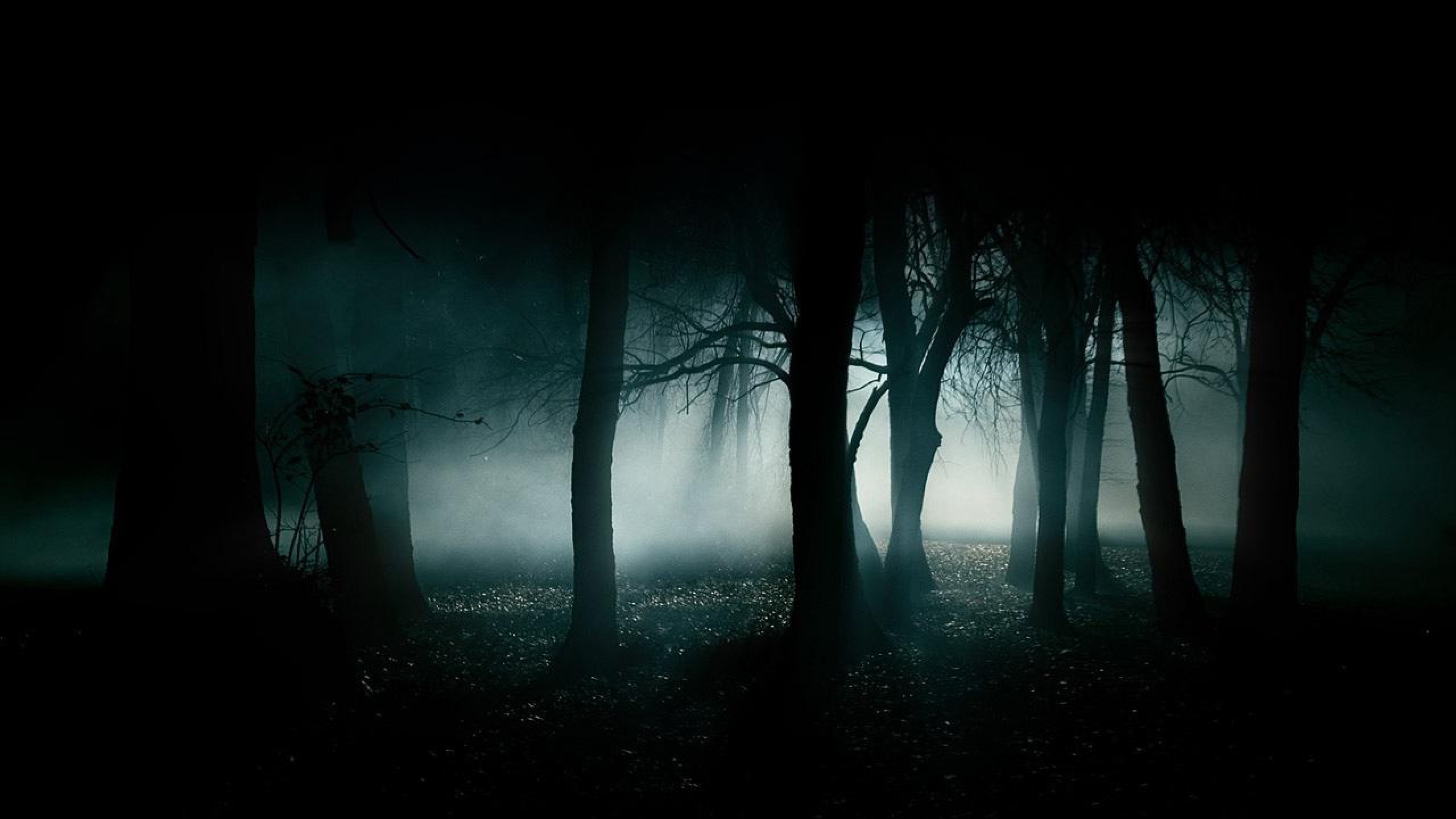
11. **Dark Crimes (2016)**Next on our list of cinematic missteps is “Dark Crimes,” a 2016 thriller that saw the usually comedic powerhouse Jim Carrey take on a much darker role. Despite a “committed Jim Carrey performance” and a “compelling true story,” this film also languished with a 0% Tomatometer score. It seems even a dramatic turn from a beloved actor couldn’t save this one from the abyss.
The film’s premise sounds like it should be captivating: a hard-boiled detective becomes suspicious of an author whose hit novel eerily resembles the inner workings of a real-life, unsolved murder. What if the fiction isn’t fiction at all? This kind of meta-narrative, especially when allegedly based on a true story, offers a fascinating canvas for psychological tension and gritty investigation.
However, the critics were not impressed, calling “Dark Crimes” a “rote, unpleasant thriller that fails to parlay its compelling true story and a committed Jim Carrey performance into even modest chills.” This suggests a film that was not only predictable but also lacked the fundamental ability to generate suspense or engage its audience emotionally. It squandered its strong foundation and talented cast on what essentially became a paint-by-numbers exercise in tedium.
It’s always a gamble when actors known for one genre venture into another, but “Dark Crimes” proves that even a genuine effort can’t overcome a poorly constructed film. The disappointment here isn’t just about the film itself, but the lost opportunity to see Carrey shine in a challenging role within a story that actually had merit. Instead, we got a movie so devoid of its intended impact, you’ll definitely wish you could unsee this dark chapter.
Read more about: Beyond Expectations: A Deep Dive into Cinema’s Most Unforgettable Twist Endings

12. **Stratton (2017)**Hold onto your seats (or maybe just prepare to slump in them), because our next entry is “Stratton,” a 2017 action-thriller that aimed for high-octane excitement but instead earned a dismal 0% Tomatometer score. Despite its “action-thriller ambitions,” the critics clearly felt it fell flatter than a deflated tire on a high-speed chase.
The film plunges us into the world of an MI6 agent and his team, who must “race against time to stop a global threat” after his American counterpart is killed. It’s a classic setup for a spy thriller – international intrigue, high stakes, and probably a few explosions for good measure. You’d expect sleek espionage, tense confrontations, and perhaps some truly impressive stunts from a film like this.
Yet, the consensus delivered a precise list of its failings: “Stratton’s action-thriller ambitions are roundly thwarted by a derivative story, misguided casting, and a low-budget feel underscored by unimpressive set pieces.” Oof. “Derivative story” means we’ve seen it all before, “misguided casting” suggests the actors weren’t the right fit, and “low-budget feel with unimpressive set pieces” is basically the death knell for any action movie. It sounds like a formula for disappointment.
“Stratton” stands as a stark reminder that even with the best intentions and a genre usually celebrated for its spectacle, cutting corners or simply missing the mark on fundamental cinematic elements will lead to critical devastation. This isn’t just an action movie; it’s an anti-action movie, and you’ll definitely want to skip this mission and unsee any memory of its existence.
Read more about: Prove Your Sci-Fi Cred: 15 Essential Movies You Absolutely CANNOT Miss!

13. **London Fields (2018)**Now, here’s a film that had all the ingredients for a dark, intriguing neo-noir but somehow managed to spoil the whole batch: “London Fields” from 2018. With an “intriguingly eclectic cast” and based on “beloved source material,” this movie still plummeted to a 0% Tomatometer score, proving that even a strong foundation can crumble under poor execution.
The synopsis sets up a deliciously grim scenario: a clairvoyant femme fatale, Nicola Six, lives with a premonition of her own murder and begins to engage with men who could be her killer. This is the stuff of classic film noir, filled with shadows, moral ambiguities, and a seductive, dangerous central figure. With Amber Heard, Billy Bob Thornton, and Theo James in the mix, it sounds like it could have been a cult classic in the making.
However, the critics minced no words, stating that “London Fields bungles its beloved source material and an intriguingly eclectic cast, leaving audiences with a would-be neo-noir of interest only to the morbidly curious.” The key phrase here is “bungles.” It implies a complete failure to adapt the novel’s essence, turning something complex and rich into a messy, unwatchable parody of its own genre.
“London Fields” is a painful reminder that star power and a great story aren’t enough if the vision behind the camera is flawed. It’s the kind of film that leaves you feeling utterly let down, not just by its failure, but by the wasted potential. You might be “morbidly curious” to see how bad it actually is, but trust us, this is one adaptation you’ll wish you could unsee.
Read more about: Beyond the Headlines: Unmasking the 14 Global Icons Dominating Our World in 2025
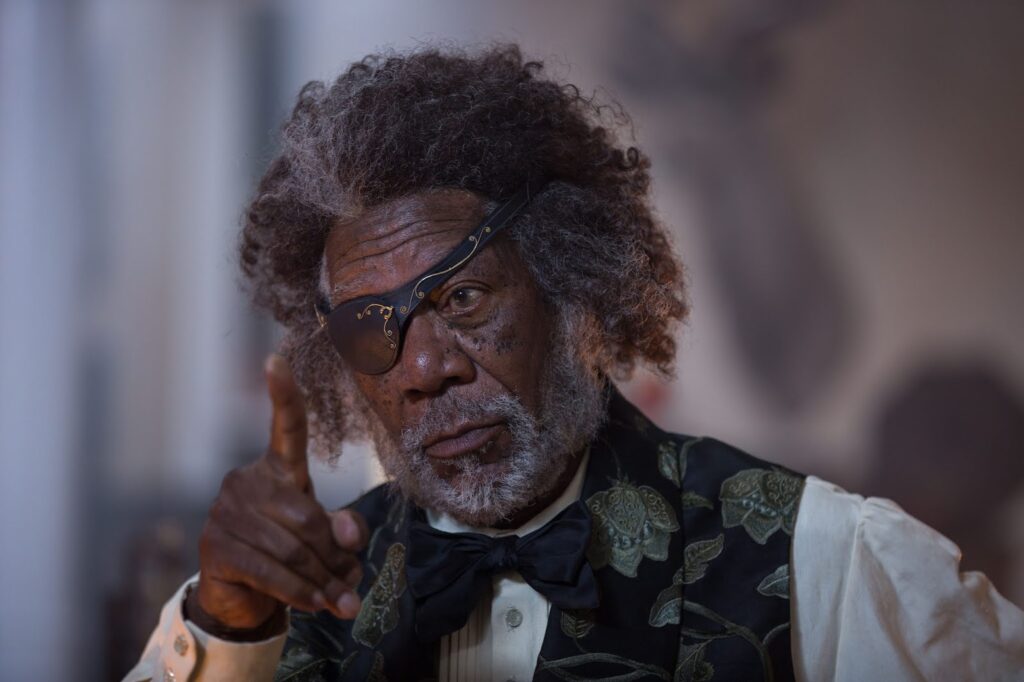
14. **The Nutcracker (2010)**Prepare for a holiday disappointment unlike any other as we approach item number 14: “The Nutcracker” from 2010. This adaptation of a beloved classic, featuring talents like Elle Fanning, Nathan Lane, and John Turturro, achieved the almost impossible feat of a 0% Tomatometer score without even a formal consensus quote. When a film is so bad that critics are speechless, you know you’ve reached a new low.
The story, a magical staple of Christmas, revolves around 9-year-old Mary in Vienna whose dull Christmas is brightened by her Uncle Albert. The tale of a toy nutcracker coming to life and battling the Mouse King is usually filled with wonder, charm, and enchanting music. How could such a universally cherished narrative possibly go so wrong?
While there’s no official consensus statement to quote, the 0% score speaks volumes. It indicates that every single critic who reviewed it found absolutely no redeeming qualities. One can only infer that the film likely stripped the classic story of its magic, replacing wonder with awkwardness, charm with cringeworthy performances, and enchanting music with… well, probably just a dull affair, just as the synopsis hinted.
“The Nutcracker” (2010) serves as a bewildering example of how even the most timeless stories, when mishandled, can become cinematic nightmares. It’s a film that probably left audiences wishing for the simple elegance of a stage performance or even just a quiet evening without this particular brand of festive fright. Seriously, this is a holiday film you’ll wish you could unsee, and probably wish never existed at all.
Read more about: Fuhgeddaboudit! Unpacking the Absolute Worst Movies of All Time That Critics Gave a Big Fat 0%
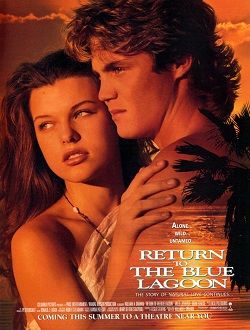
15. **Return to the Blue Lagoon (1991)**And finally, our painful journey culminates with “Return to the Blue Lagoon” from 1991, a sequel that somehow managed to be even more forgettable than its already divisive predecessor, earning a perfect 0% on the Tomatometer. Starring a young Milla Jovovich, this film proved that sometimes, you just shouldn’t revisit paradise.
The premise sees a widow, Sarah Hargrave, her daughter, and adopted son stranded on a tropical island, setting the stage for another tale of innocence, survival, and burgeoning romance in isolation. It’s meant to evoke the same sense of natural beauty and human connection against a wild backdrop, following in the footsteps of the original.
However, the critics were clear: “Despite its lush tropical scenery and attractive leads, Return to the Blue Lagoon is as ridiculous as its predecessor, and lacks the prurience and unintentional laughs that might make it a guilty pleasure.” This is perhaps the most damning critique of all – not only is it bad, but it fails to even be *entertainingly* bad. It doesn’t even offer the “unintentional laughs” that might make an otherwise terrible film a cult classic.
“Return to the Blue Lagoon” is the ultimate cinematic buzzkill, failing on every conceivable level. It’s a sequel that should have stayed lost at sea, leaving audiences with nothing but a desire to wipe their memories clean. This isn’t just a movie you’ll wish you could unsee; it’s a film that makes you question why anyone ever thought a second trip to this particular lagoon was a good idea in the first place. You’ll definitely want to turn around and head for the nearest exit before you get stranded with this one.
**Conclusion**
Read more about: The Absolute Worst? We Crown the 13 ‘Greatest’ Bad Movies of All Time with 0% Rotten Tomatoes Scores!
So there you have it, fellow film enthusiasts – a truly unforgettable (for all the wrong reasons) journey through 15 cinematic disasters that achieved the lowest of the low on the Tomatometer. From action flicks that forgot the action, to comedies that forgot the humor, and even beloved fairy tales that became nightmarish visions, these films represent the absolute nadir of moviemaking. They serve as stark reminders that sometimes, even with big names, ambitious concepts, or beloved source material, a film can still go spectacularly, tragically wrong. We’ve laughed (uncomfortably), winced, and perhaps even felt a shared shudder of despair as we explored these cinematic catastrophes. Now, if you’ll excuse us, we’re off to watch some critically acclaimed palate cleansers – maybe something with at least, you know, a *single positive* review. Don’t say we didn’t warn you; these are the movies so bad, you’ll genuinely wish you could unsee them. And now, you know which ones to avoid at all costs. You’re welcome (and also, we’re sorry).


